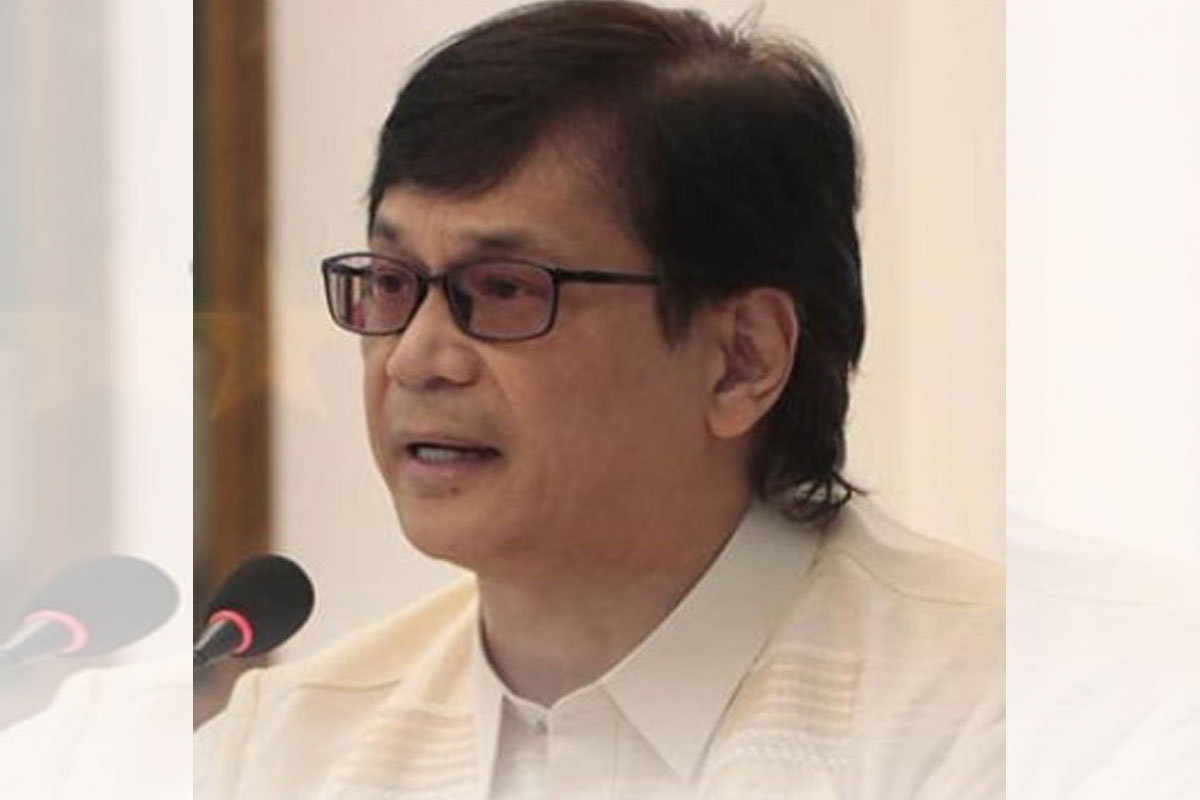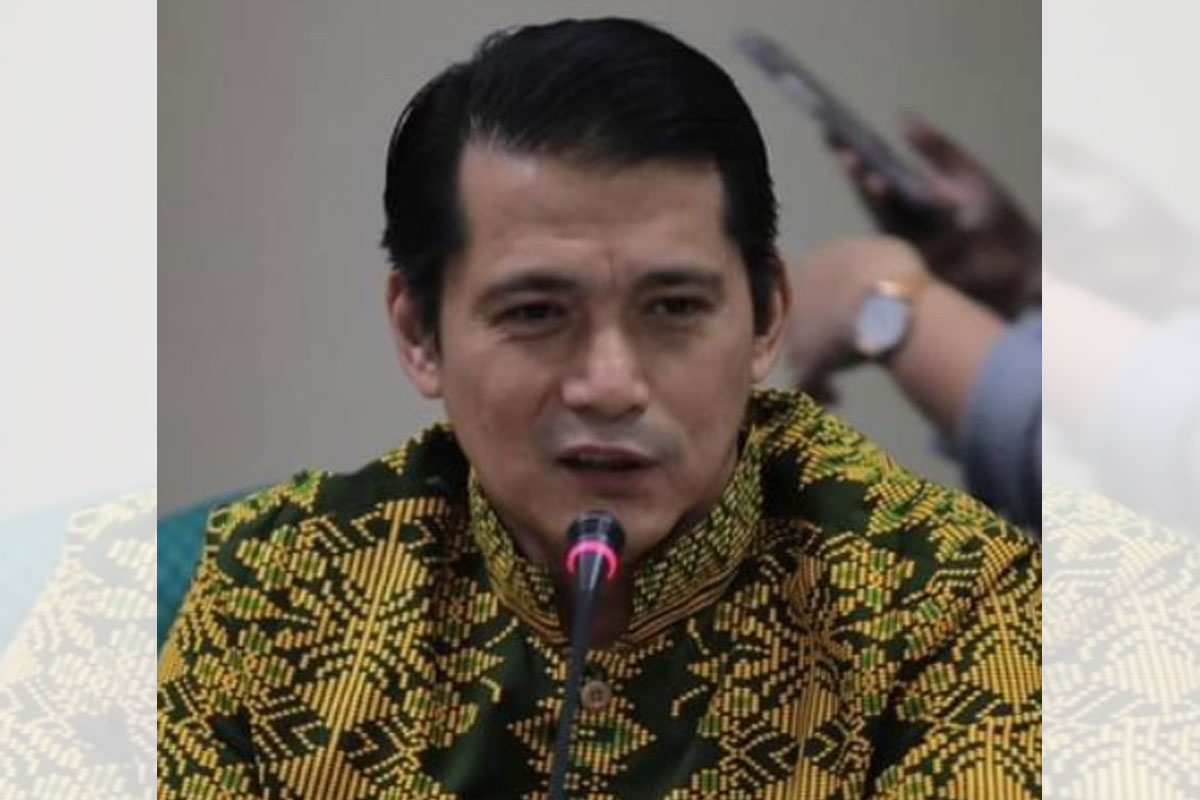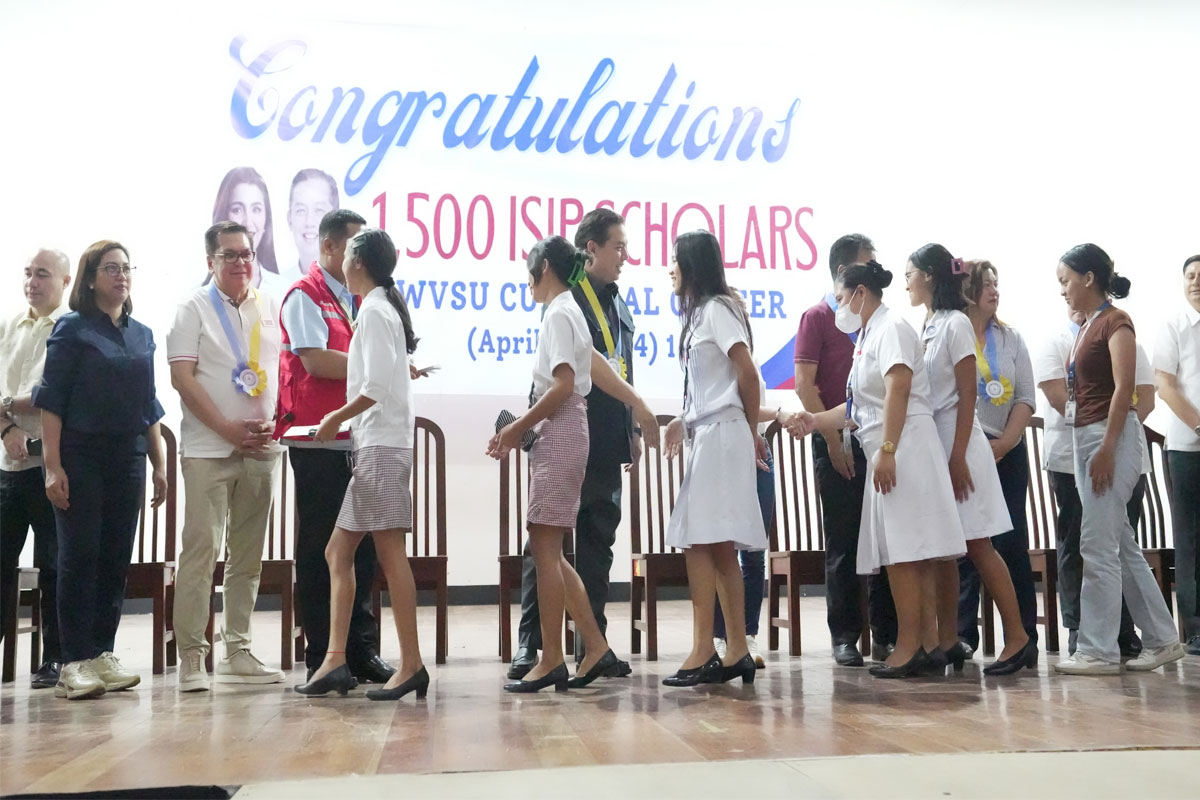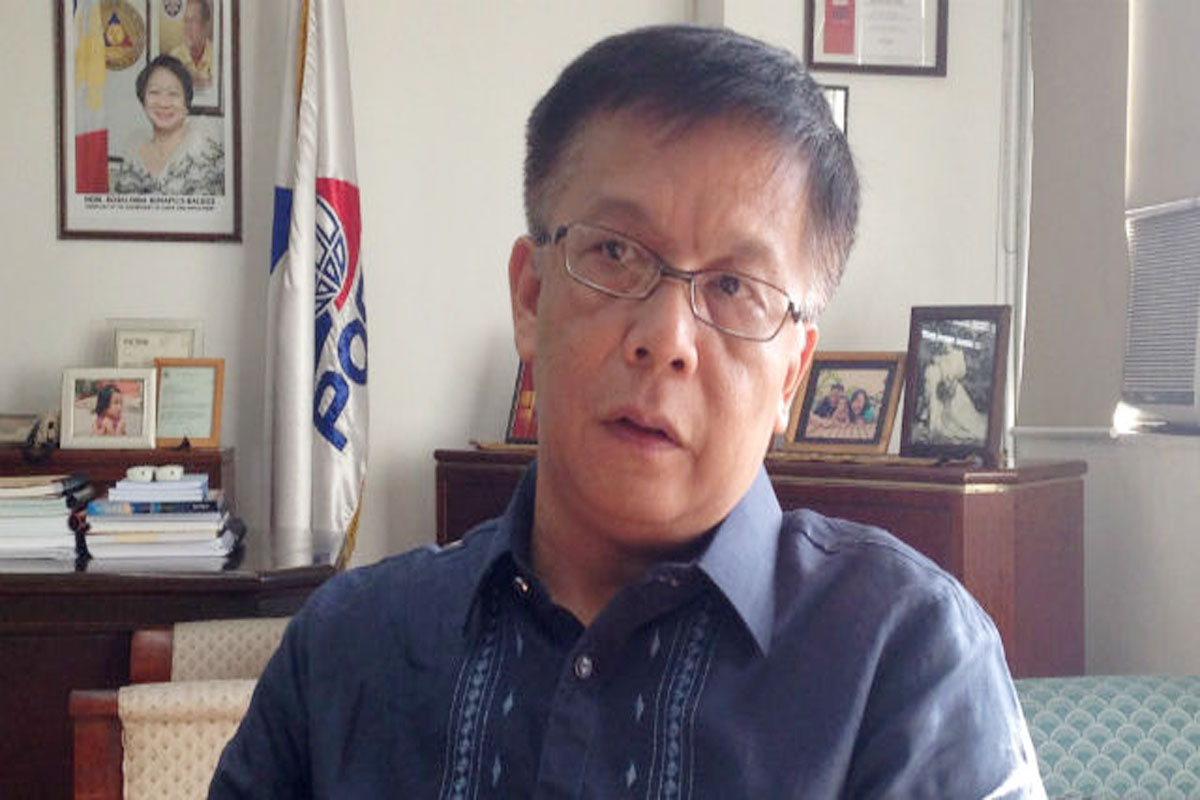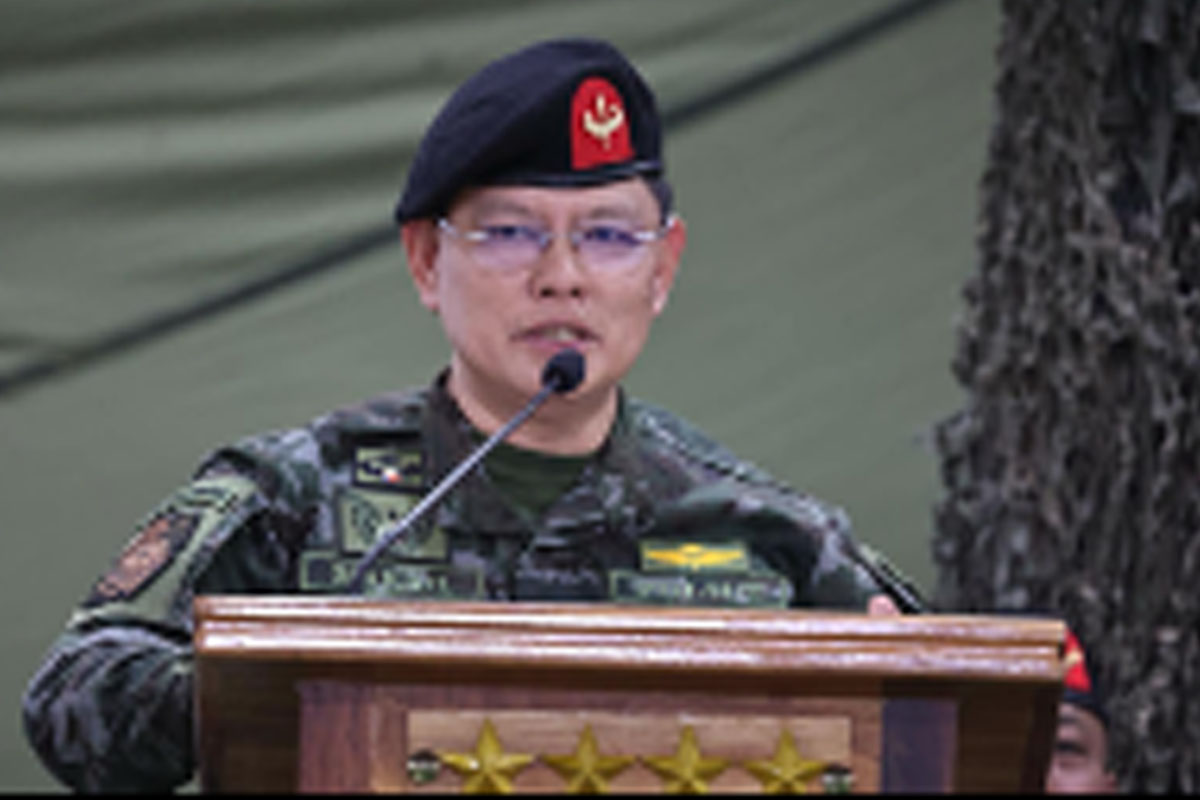
Bill pushes free legal education in SUCs
ASPIRING lawyers can complete their legal education for free in state universities and colleges (SUCs) in exchange for working in the government for two years after they pass the bar exams, once a bill filed at the House of Representatives becomes law.
Along with Benguet Rep. Eric Yap and ACT-CIS Partylist Rep. Edvic Yap, Davao City 1st District Representative Paolo Duterte proposed the measure to address the shortfall of practicing lawyers in the country, which, according to them, “undermines the legal representation of every Filipino, and overall, the national justice system.”
Under House Bill (HB) 7433, all SUCs with a law program accredited by the Legal Education Board (LEB) are qualified to offer free legal education but should create mechanisms to ensure that this does not apply to students with the financial capacity to pay for their studies.
The bill’s authors pointed out that graduate studies, such as medical and legal education, are excluded from the coverage of the Universal Access to Quality Tertiary Education Act (Republic Act No. 10931) which institutionalizes free tuition and exemption from other school fees in SUCs and local universities and colleges (LUCs).
While the Doktor Para sa Bayan Act (RA 11509) was already enacted to offer the Medical Scholarship and Return Service (MSRS) Program to deserving students, there is still no law that mandates scholarships for legal education and the corresponding return service program, they added.
“Our proposal, which is consistent with programs that advocate public service to graduates, includes a mandatory two-year return service program for scholars after passing their bar exams, in a bid to encourage more lawyers to serve in Government,” Duterte said whose office with the Department of Labor and Employment (DOLE) 11, so far aided 11,019 identified beneficiaries (vendors, tailors, school maintenance, hair stylists/barbers, and cobbler, among others) of the Tulong Panghanapbuhay sa Ating Disadvantaged/Displaced Workers (TUPAD) since 2022.
Duterte said he hopes the TUPAD program can help the beneficiaries’ families during the challenging times, encouraging them to continually support the government’s efforts to provide programs for disadvantaged and displaced workers. The First District Office and DOLE profiled the beneficiaries.
The Integrated Bar of the Philippines (IBP) estimates that there are about 40,000 lawyers in the country, while the Foundation for Economic Freedom (FEF) reported that there is roughly only one lawyer for every 2,500 Filipinos. This is a relatively low figure compared to the United States, which has one lawyer for every 240 citizens.
Moreover, not all lawyers in the country are engaged in law firm work. Many lawyers work in corporations or are in private business, the academe, or politics.
Under HB 7433, the Free Legal Education Program will be open to all Filipino students either currently enrolled in the Juris Doctor program or shall enroll at any time after the effectivity of the measure, provided they pass the entrance examinations and other admission and retention requirements of the SUCs where they are or plan to be, admitted.
Scholars under the program must carry a full load of subjects prescribed per semester by the SUC, and should not drop a course. They are required to finish the degree within the SUC’s prescribed time frame but are allowed to file a leave of absence for valid and justifiable reasons.
They should also take the bar examination within a maximum period of one year after completion of their Juris Doctor degree.
On top of tuition and student registration fees, the proposed Free Legal Education Program under HB 7433 also covers bar exam and licensure fees; library fees; and expenses for prescribed books, on a reimbursement basis as determined by the LEB upon consultation with stakeholders.
Within four years of passing the bar exams and conferment of a license to practice law, the scholar should render a mandatory two-year return service to the government in the Public Attorney’s Office (PAO) or any government agency lacking lawyers, according to the bill. The scholar shall receive the appropriate salaries and other benefits for rendering the mandatory return service.
Beneficiaries who fail to fulfill the scholarship requirements or refuse to comply with the mandatory return service obligation shall be required to reimburse the government the full cost of the scholarship, including other benefits and expenses, the bill stated.


